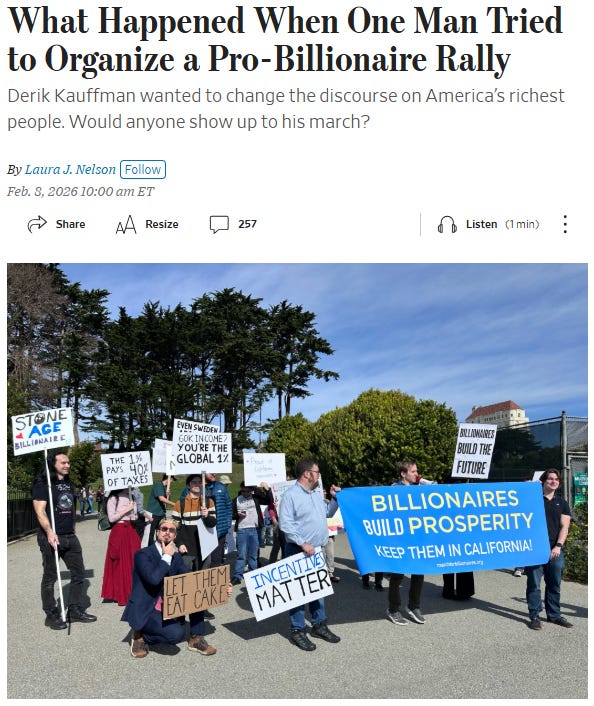Roles are Martial Arts for Agency
A long time ago I thought that Martial Arts simply taught you how to fight – the right way to throw a punch, the best technique for blocking and countering an attack, etc. I thought training consisted of recognizing these attacks and choosing the correct responses more quickly, as well as simply faster/stronger physical execution of same. It was later that I learned that the entire purpose of martial arts is to train your body to react with minimal conscious deliberation, to remove “you” from the equation as much as possible. The reason is of course that conscious thought is too slow. If you have to think about what you’re doing, you’ve already lost. It’s been said that if you had to think about walking to do it, you’d never make it across the room. Fighting is no different. (It isn’t just fighting either – anything that requires quick reaction suffers when exposed to conscious thought. I used to love Rock Band. One day when playing a particularly difficult guitar solo on expert I nailed 100%… except “I” didn’t do it at all. My eyes saw the notes, my hands executed them, and no where was I involved in the process. It was both exhilarating and creepy, and I basically dropped the game soon after.) You’ve seen how long it takes a human to learn to walk effortlessly. That's a situation with a single constant force, an unmoving surface, no agents working against you, and minimal emotional agitation. No wonder it takes hundreds of hours, repeating the same basic movements over and over again, to attain even a basic level of martial mastery. To make your body react correctly without any thinking involved. When Neo says “I Know Kung Fu” he isn’t surprised that he now has knowledge he didn’t have before. He’s amazed that his body now reacts in the optimal manner when attacked without his involvement. All of this is simply focusing on pure reaction time – it doesn’t even take into account the emotional terror of another human seeking to do violence to you. It doesn’t captu


The organizer of the march (Derik) specifically spoke about buy, borrow, die in interviews with the press, and in his closing speech, as a loophole that exists and must be closed. The marchers were not without nuance (except Annie ofc.... >.>) I'm less concerned than most, partly because it requires a low-interest environment (this was a much bigger deal during the era of 0% interest rate) and partly because "die" is a crucial part of it. Seems like a losing strategy to me on it's face, and one that won't last much longer as we fix aging. But regardless, this can and probably should be fixed by eliminating the step-up basis on extremely large estates.